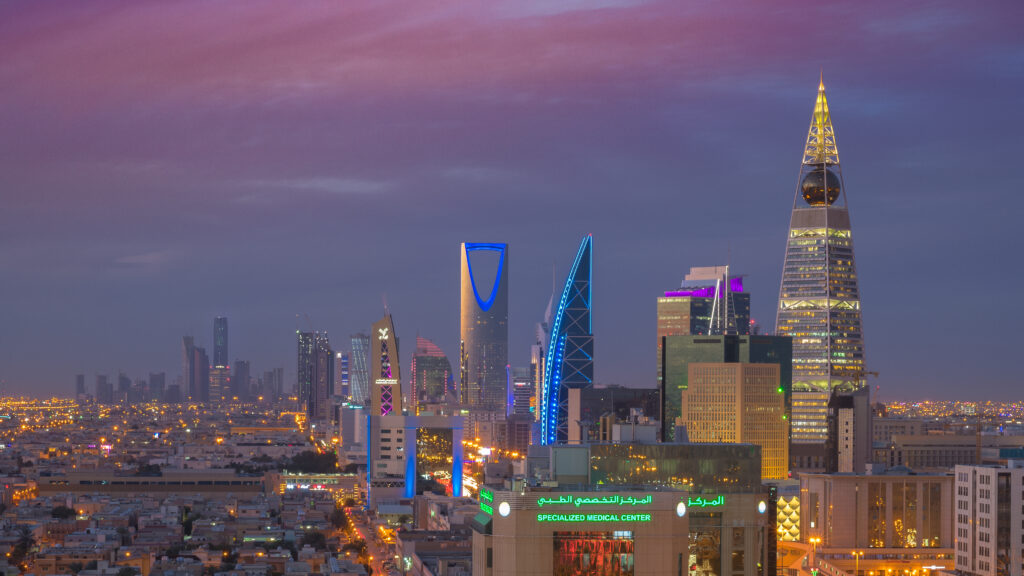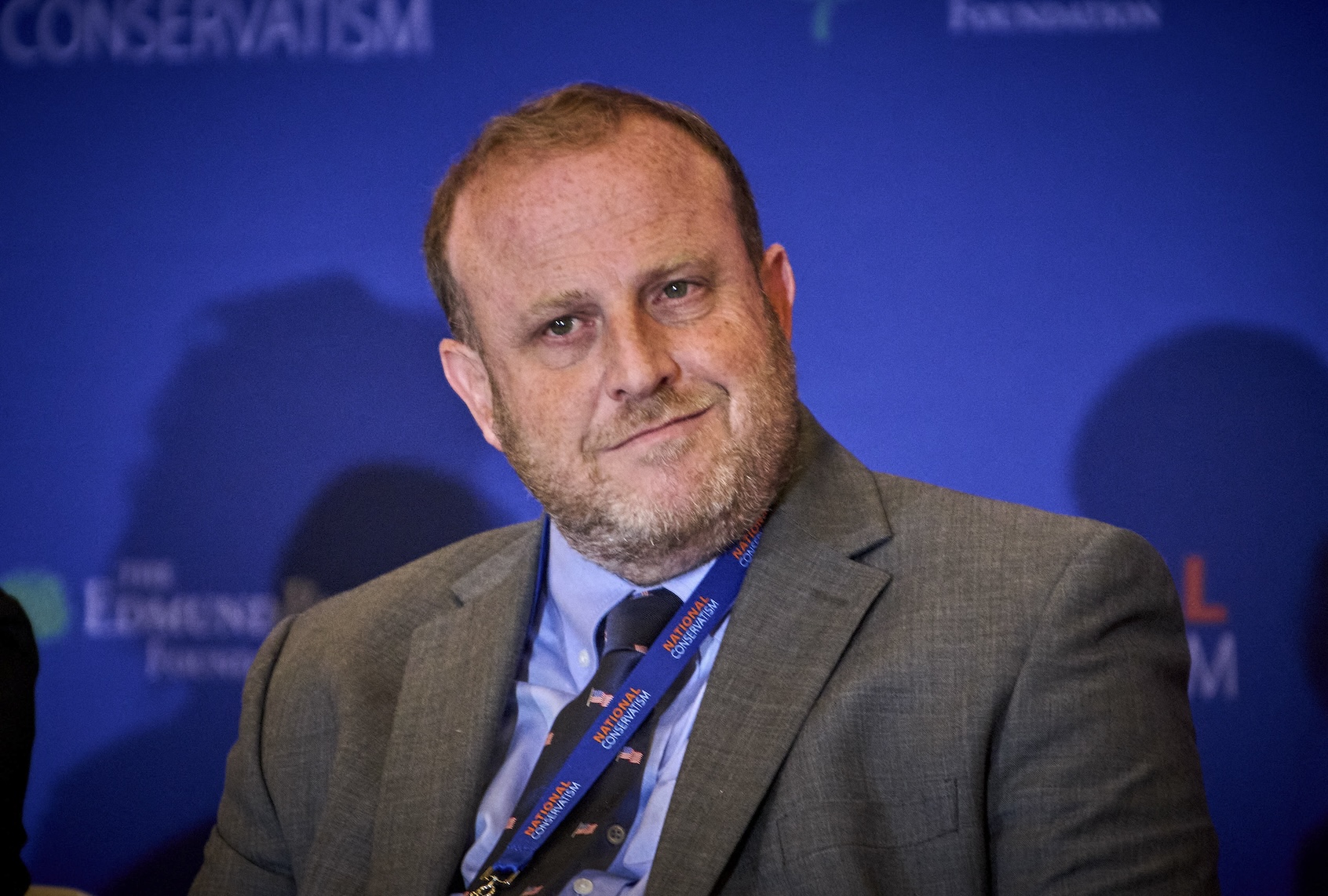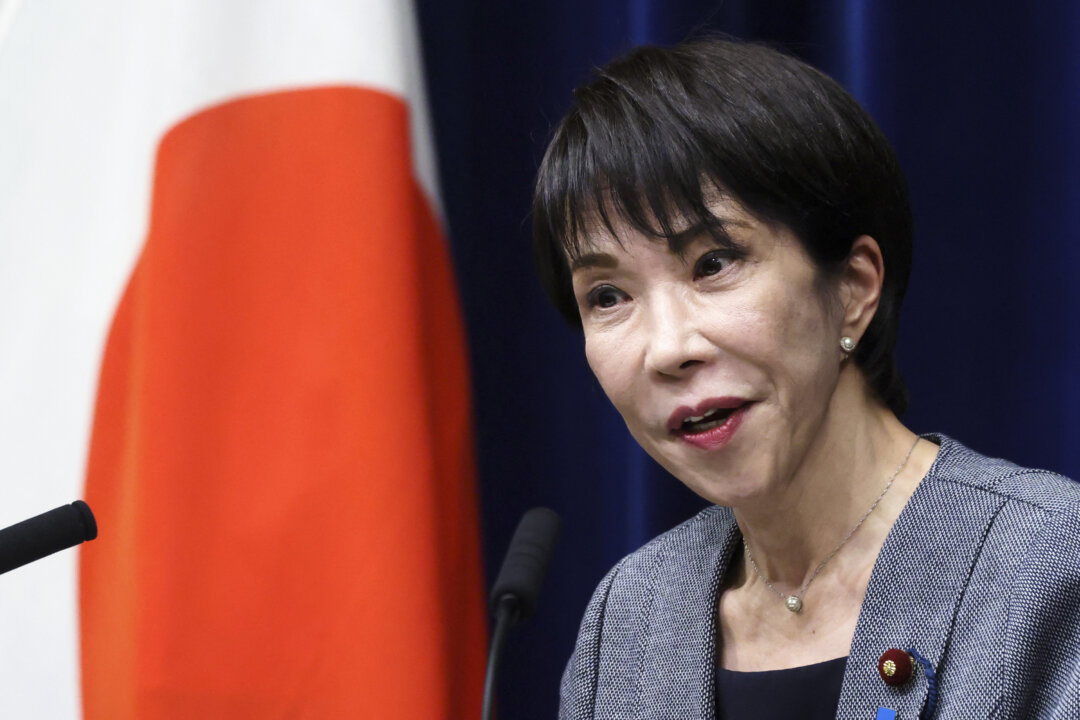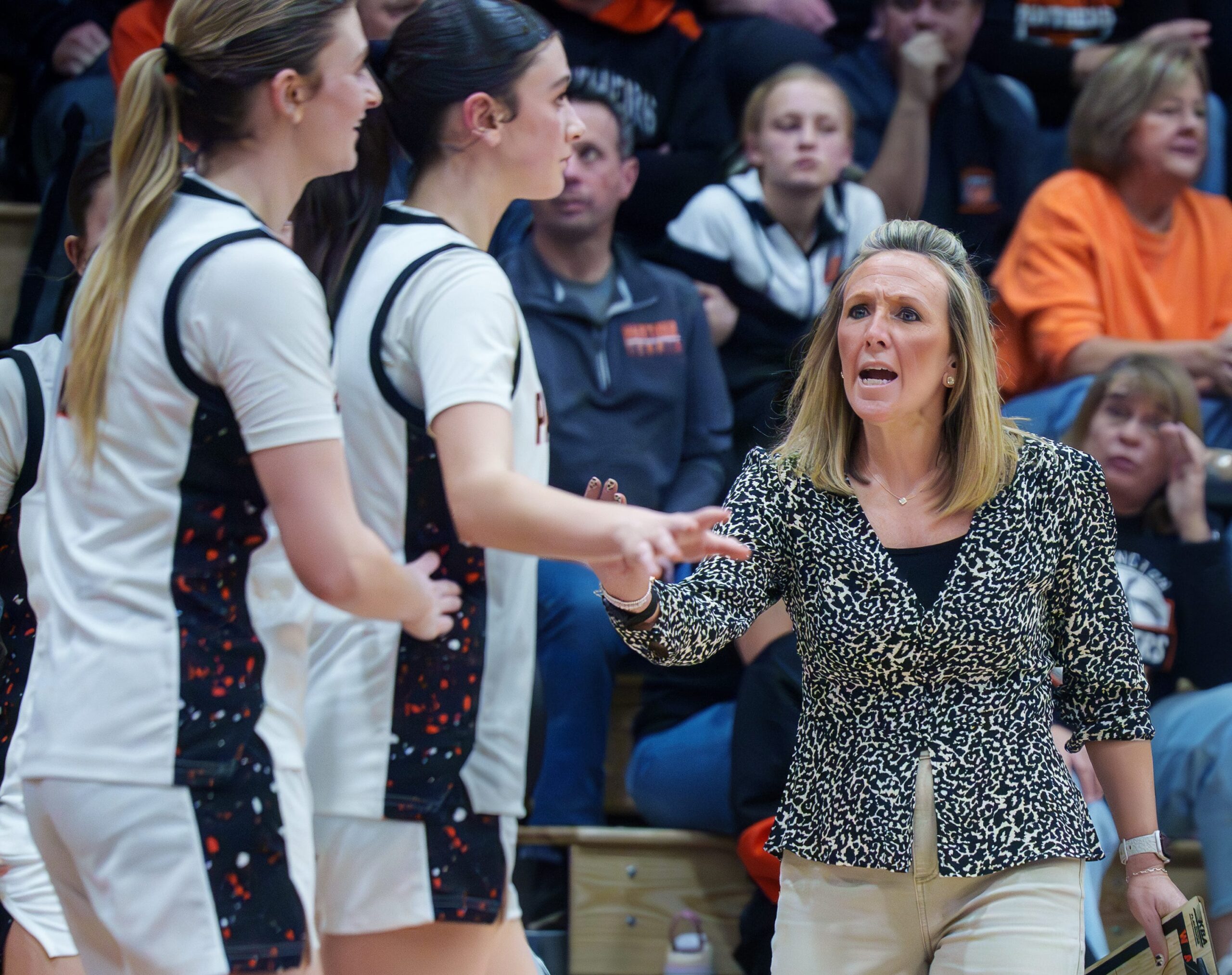
The upcoming Riyadh Comedy Festival, scheduled to take place from September 26 to October 9, 2023, has come under scrutiny from human rights advocates. According to Human Rights Watch (HRW), the festival is being utilized by the Saudi government to divert attention from ongoing human rights violations and the suppression of free speech in the kingdom. The festival coincides with the seventh anniversary of the murder of journalist Jamal Khashoggi, an event that continues to draw significant international condemnation.
Joey Shea, a researcher at HRW focusing on Saudi Arabia, expressed concern that comedians participating in the festival should not remain silent about the human rights situation. Shea stated that these performers, many of whom are receiving substantial fees from Saudi authorities, have a responsibility to leverage their visibility to advocate for the release of imprisoned activists. HRW highlighted several cases of individuals detained for exercising their right to free speech, including Waleed Abu al-Khair, Manahel al-Otaibi, Turki al-Jasser, and Abdullah al-Shamri.
HRW has reached out to the management of some comedians performing at the festival regarding these pressing issues but reported that they received no responses. This lack of engagement raises questions about the ethical implications of participating in an event that some view as a means of “whitewashing” the Saudi government’s record on human rights.
Comedian Tim Dillon, who was set to perform, revealed on his podcast that he was dismissed from the lineup after joking about Saudi Arabia “having slaves.” His comments underscore the tensions between artistic expression and the realities of performing in a country with strict controls over free speech.
The festival will feature over 50 comedians, including prominent figures like Kevin Hart, Dave Chappelle, Aziz Ansari, Pete Davidson, and Jimmy Carr. Marketed as the “world’s largest comedy festival,” it aims to enhance Saudi Arabia’s image as a cultural hub while supporting the kingdom’s broader strategy to diversify its economy and reduce reliance on oil revenues. This initiative is part of a push to boost tourism and cultural activities within the country.
Despite these efforts, human rights organizations have raised alarms about a rise in executions and the lack of protections for free speech in Saudi Arabia. The country has not ratified international treaties that safeguard these rights, such as Article 19 of the International Covenant on Civil and Political Rights and the Universal Declaration of Human Rights.
As the festival approaches, the juxtaposition of entertainment against a backdrop of serious human rights concerns remains a focal point for international observers and advocates of free expression. The actions of performers and their responses to these issues may significantly influence the narrative surrounding the festival and the ongoing discourse on human rights in Saudi Arabia.






